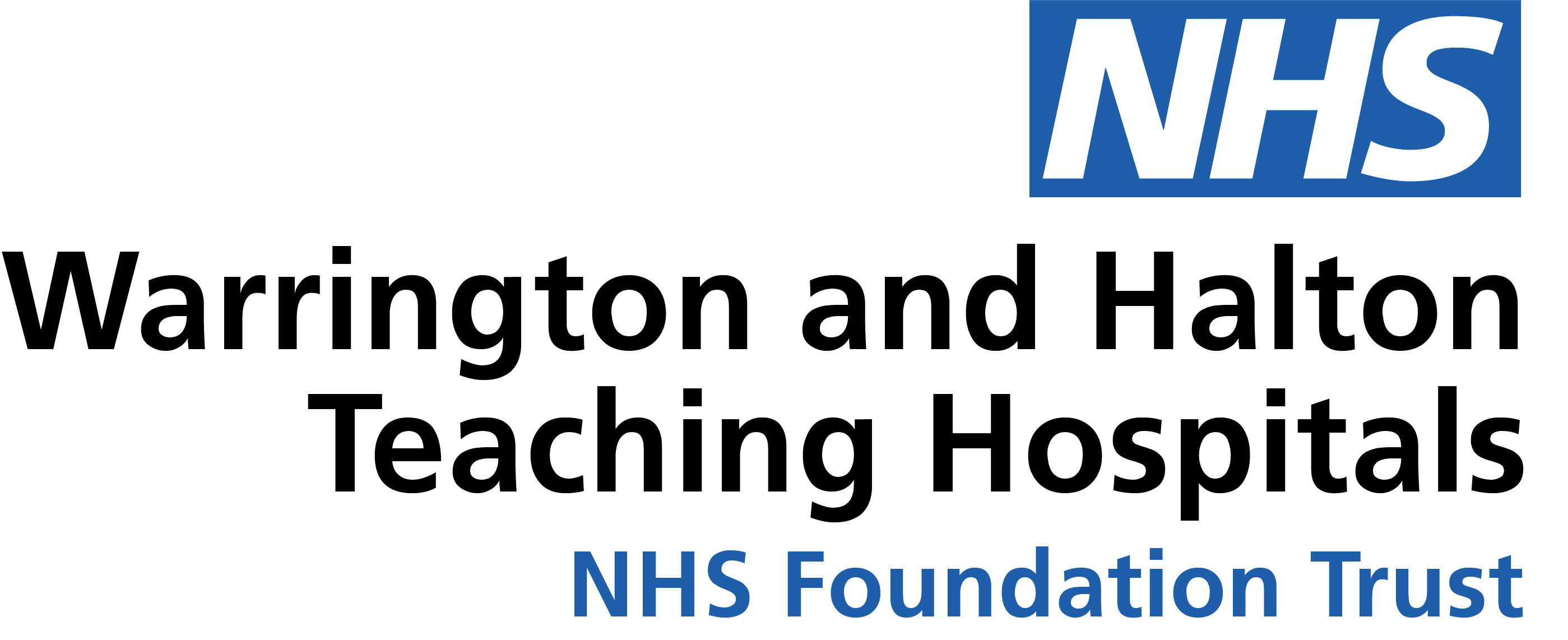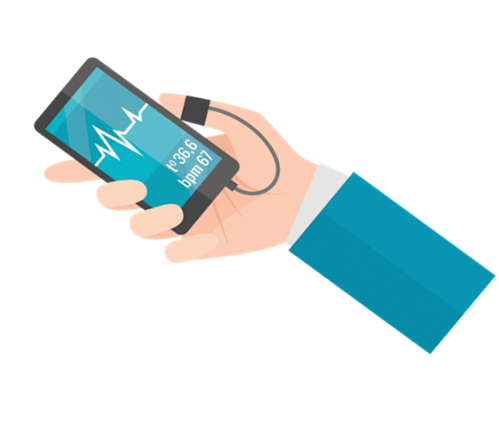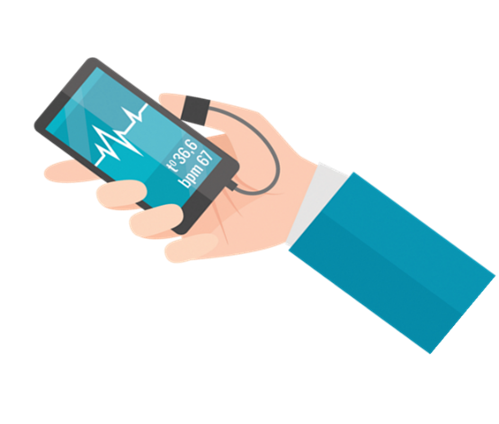Respiratory Team
The Rapid Response Respiratory Team (RRRT) was set up in December 1997, to support respiratory patients on discharge from hospital, earlier than they would normally have been. Or to prevent hospital admission by treating the patient at home.
We are based at Halton Hospital which is part of Warrington and Halton Teaching Hospitals NHS Foundation Trust. We work with the hospital team and the hospital consultants. We also manage the nurse led clinics and the oxygen service that covers Warrington, Widnes, and Runcorn.
We cover 112 square miles and see patients in Runcorn, Widnes, and Warrington.
We are a team of respiratory nurses and respiratory physiotherapists.
Many patients who have a respiratory illness will have already met us.
MerseyCare
MerseyCare is one of the largest trusts providing physical and mental health services in the Northwest, serving more than 1.4 million people across the region, and commissioned for services that cover the Northwest, North Wales, and Midlands.
The Telehealth service originally started as a small project that supported around 50 patients in Liverpool with COPD and Hearth Failure. At the heart of the pandemic the number of patients being managed, each day, had soared to more than 5,500.
The effective technology is monitoring vulnerable patients in the comfort of their own home and brings so many benefits.
Rest assured you will be well cared for on our virtual ward, you will be in your own surroundings, have equipment to monitor your vital signs and on hand experienced highly specialist staff to talk to.
You have been diagnosed with a chest infection, which may be due to a virus or bacteria. (List of conditions include Exacerbation COPD, Bronchiectasis, COVID-19, Pneumonia and Lower Respiratory Tract Infection). Your hospital team or Respiratory team feel that your condition is stable, and you can safely recover at home, providing you have the right support and monitoring. We can offer this support and monitoring at home; this is called a virtual ward. (VW).
The VW means you can stay in the comfort of your own home, the Respiratory Team and MerseyCare staff will remotely monitor your condition until you get better. Any problems can be quickly picked up and the Respiratory Team may need to see you at home.
The joy of staying at home is that you are more comfortable in your own home, your own bed, you can eat and drink when you feel like it and get up when you feel like it. Also, you are less likely to get any other infection if you are in your own home.
Clinical staff will have a discussion with you about being cared for on the virtual ward before being transferred onto it.
We will talk to you about relevant monitoring devices and be able to loan you the device(s) e.g., a pulse oximeter to measure your blood oxygen level. A blood pressure monitor and a thermometer, plus a device to send your observations to the Telehealth team (MerseyCare). If your readings should go out of the normal range the team will telephone you or you can telephone them for advice and support and if necessary, what to do next.
The Respiratory team will go through with you how to use the device(s) either the day you are discharged or if you do not need to go into hospital, the day the team comes to assess you. They will go through everything with you and will be on hand if you are struggling with it. It is simple and you will soon get used to it. Each day you will need to let MerseyCare know the readings, but you will be shown how to do this. They will contact you too, on certain days, to see how you are progressing.
You will be given instructions on what to do if you feel unwell and will have a contact number for the virtual ward 8:30am to 7:30pm, 7 days a week as well as the Respiratory Team.
You will need to monitor your symptoms until they improve, and when all are happy and you are well enough, you will be able to stop the readings. Paracetamol and regular fluids can help with mild symptoms and most people will feel better within 2 weeks.
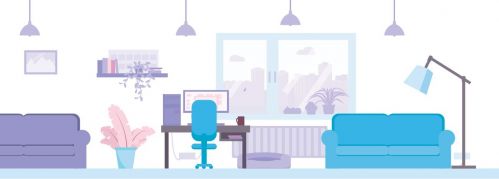
If your symptoms worsen quickly, please use the information below to assess yourself.
Ring your virtual ward team or 111 as soon as possible if:
- you’re feeling gradually more unwell or more breathless
- you have difficulty breathing when you stand up or move around
- you feel very weak, achy or tired you’re shaking or shivering
- you’ve lost your appetite you sense something is wrong
- you’re unable to care for yourself, for example tasks like washing and dressing or making food are too difficult.
Go to A&E immediately or call 999 if:
- you're so breathless you’re unable to say short sentences when resting
- your breathing has suddenly got worse
- you cough up blood
- you feel cold and sweaty with pale or blotchy skin
- you develop a rash which looks like small bruises or bleeding under the skin and does not fade when you roll a glass over it
- you collapse or faint you feel agitated, confused or very frowsy
- you’ve stopped weeing or are weeing much less than usual
Good signs and readings which show you may be improving:
- gradual improvement
- fully mobile, able to manage stairs (if this is normal for you) and not confused
- normal eating and drinking.

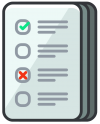 Here we will write the name of your device and the number that corresponds to it (this is so we can keep a track of who we have loaned the equipment to).
Here we will write the name of your device and the number that corresponds to it (this is so we can keep a track of who we have loaned the equipment to).
All equipment is sanitised before it is loaned to you.
You will be given a separate instruction sheet for the device(s) that you are provided with as part of your care.
 If you have been diagnosed with COVID-19 you should follow national guidance on staying well at home and isolating. You should also read:
If you have been diagnosed with COVID-19 you should follow national guidance on staying well at home and isolating. You should also read:
If you have a high temperature it can help to:
- get lots of rest
- drink plenty of fluids (water is best) to avoid dehydration – drink enough so your pee is light yellow and clear
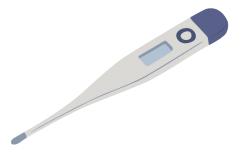
- take paracetamol if you feel uncomfortable.
Additional advice is available here: How to look after yourself at home if you have a chest infection
If you live alone, ask a friend, family member or neighbour to check up on you. Additionally, NHS Volunteer Responders can help with things like collecting shopping and medicines. Call 0808 196 3646 (8am to 8pm everyday) to arrange help from a volunteer.
If there is a problem outside the virtual ward working hours:


